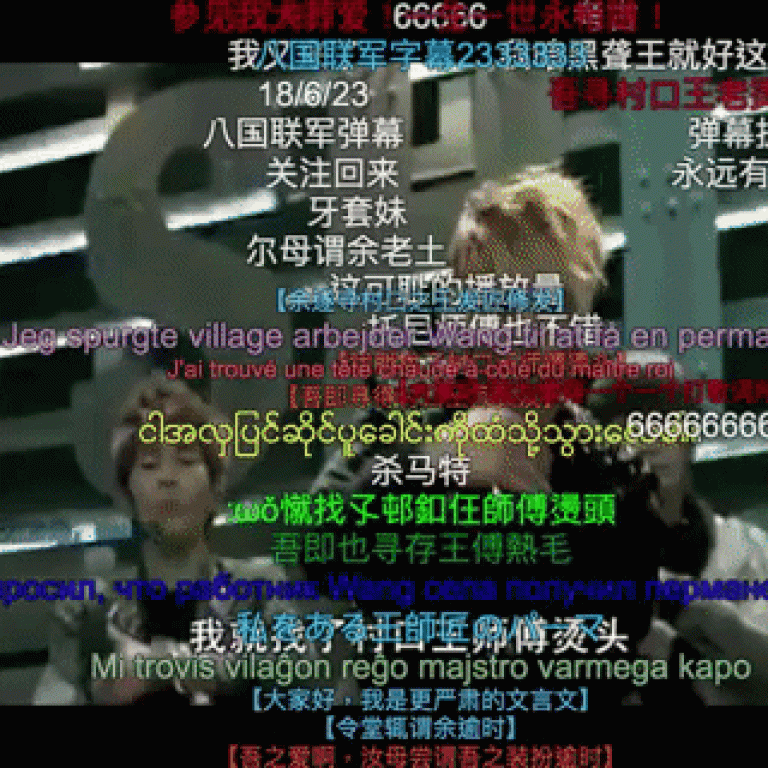
China urges video platforms to censor “bullet chat”
Comments that fly across the video you’re watching are popular in China
Chat moderation has always been issue an for online streaming. It shouldn’t surprise you that it’s also an issue in China, where internet censorship is everywhere. And now it might come to the country’s unique video comment system: Bullet chat.
What is it? Imagine the live comments you see on Facebook Live or Twitch -- but instead of being in a little window at the side, the comments are displayed directly on the video itself. They’re pegged to specific moments, and float directly above the footage.

Bullet chat is hugely popular in China. Video site Bilibili, where millions of people watch video with bullet chat every day, became became a Nasdaq-listed company in less than 9 years.
Bilibili, China’s biggest anime site, covers the screen in user comments
In the recent article, the People’s Daily doubled down on its request for video platforms to better moderate chat. “It is beneficial to create better quality bullet chat if platforms review comments first before airing them,” says the story, which also re-stresses that video platforms should manage bullet chat in real time.
But it’s worth pointing out that bullet chat isn’t completely uncensored today.
Chat filters can block sensitive or inappropriate words and meaningless special characters. They can also automatically blacklist user accounts and their IPs.
Now sometimes, the inappropriate speech isn’t in the form of a single word, but a phrase or sentence. How do they ban that? Douyu said its filter can recognize patterns of speech. For example, if the site wants to block a violence-inducing phrase like “Fire first, ask permission later,” it will ban any statement that has “fire” and “permission later”. It doesn’t matter how you switch up the expression or add filler words in between, the system can detect that you are trying to say the banned phrase.
These are all just default filters executed by machines. If these filters fail, Douyu said there is also manual moderation, executed by real human beings.
And if all those still fail? Douyu said it also has a reporting system in place for users to flag inappropriate speech.
I wasted a week staring at 19 short video apps from China
For more insights into China tech, sign up for our tech newsletters, subscribe to our Inside China Tech podcast, and download the comprehensive 2019 China Internet Report. Also roam China Tech City, an award-winning interactive digital map at our sister site Abacus.
For more insights into China tech, sign up for our tech newsletters, subscribe to our Inside China Tech podcast, and download the comprehensive 2019 China Internet Report. Also roam China Tech City, an award-winning interactive digital map at our sister site Abacus.

